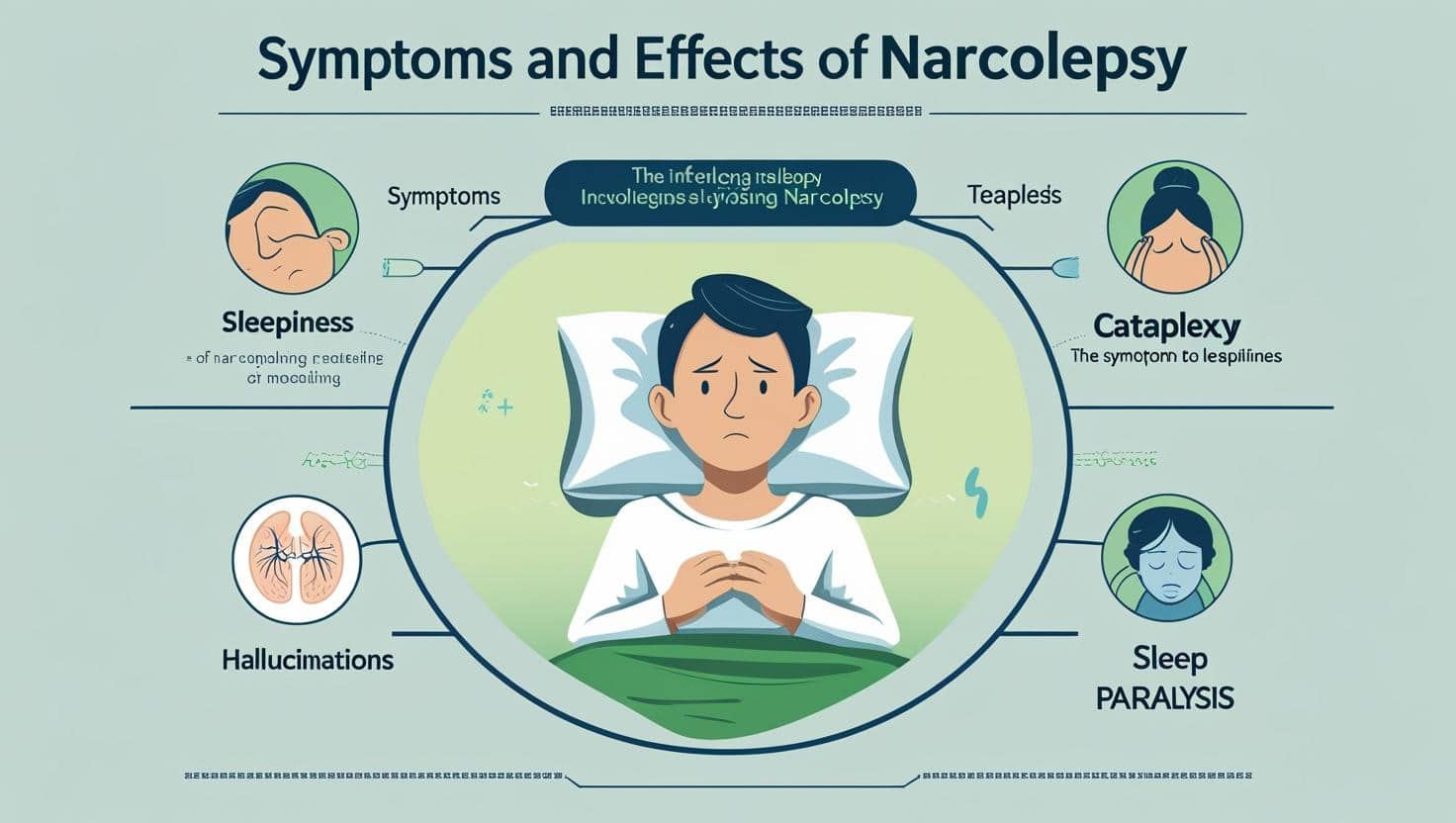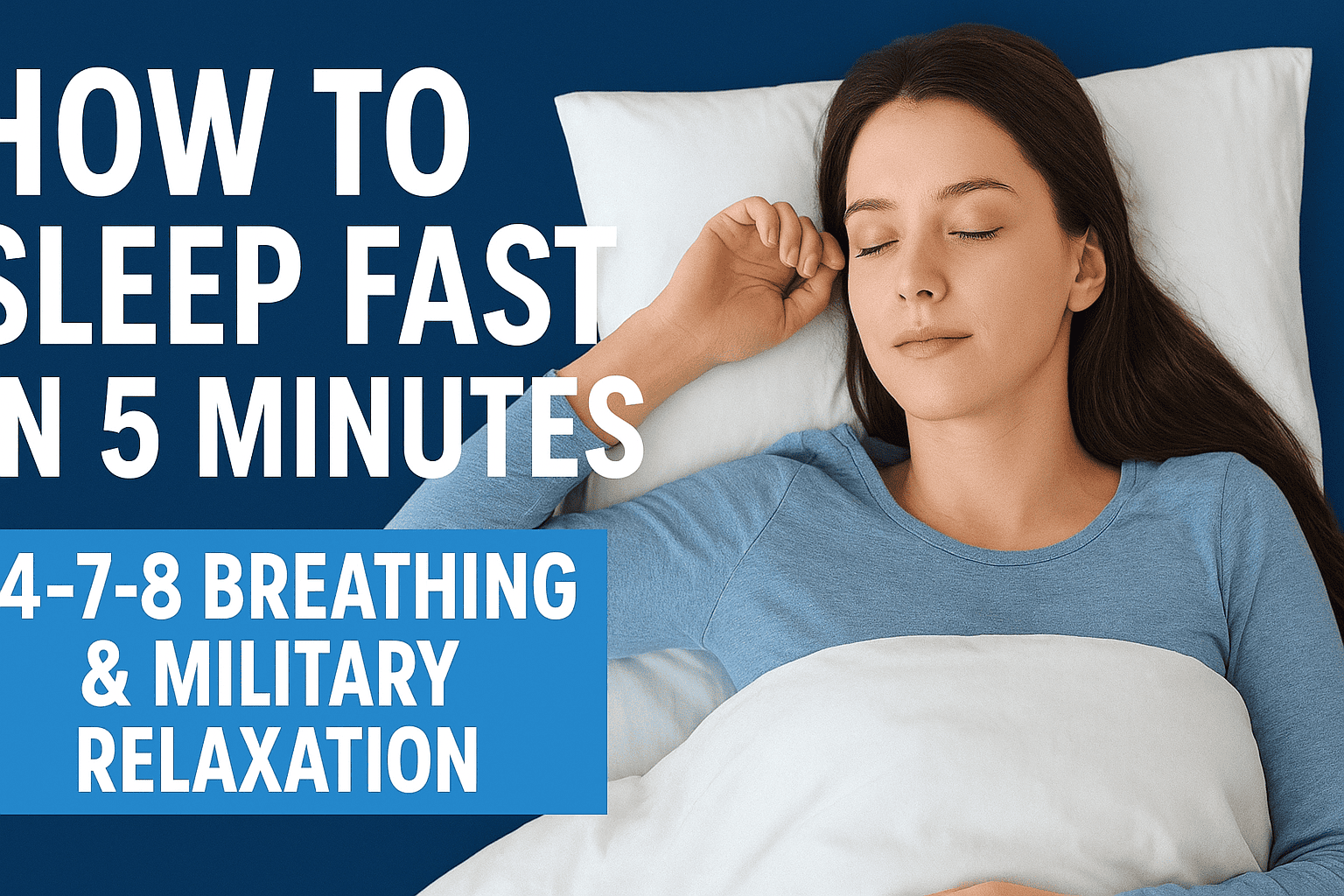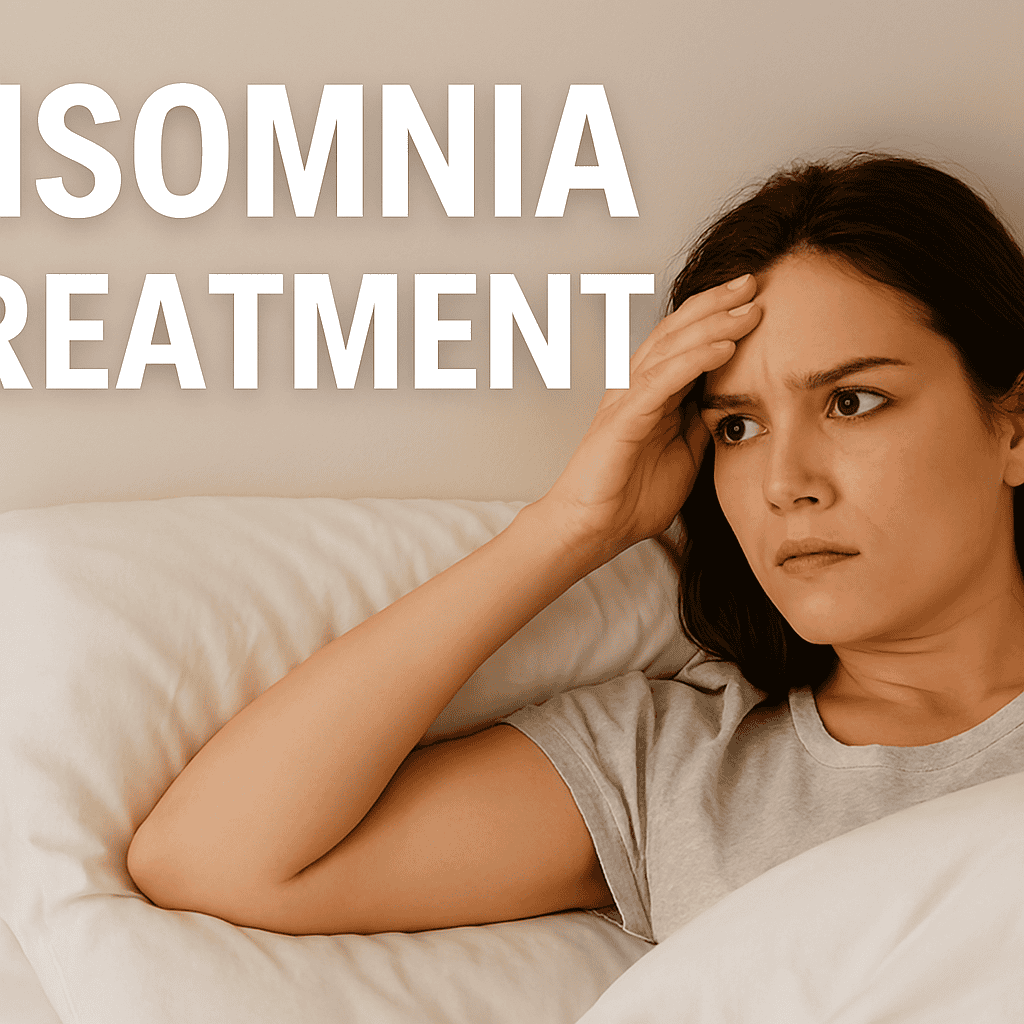Why Teens Can’t Sleep: Causes, Symptoms & How I Beat Insomnia
When I was a teenager, I never understood why falling asleep at night felt like such a challenge. I used to lie awake for hours, staring at the ceiling, even though I was exhausted. If this sounds familiar, you’re not alone. Many teens struggle with insomnia, and it’s often misunderstood.
According to sleep experts, teenagers need between 8 to 9 hours of sleep each night. But let’s be real—most of us don’t get that. Between homework, scrolling on our phones, late-night gaming, or binge-watching shows, sleep often takes a back seat. What I didn’t realize back then was that teen sleep cycles are biologically different from adults’.
Why Teens Naturally Fall Asleep Late
Here’s something I learned later on: during adolescence, the body starts producing melatonin—the sleep hormone—much later at night compared to children or adults. That’s why going to bed early can feel nearly impossible. Even when I tried, I’d just toss and turn.
The problem is, even if we fall asleep late, school starts early. That mismatch between our natural circadian rhythm and early wake-up calls leads to something known as Delayed Sleep Phase Syndrome (DSPS). In simple terms, we sleep late, wake up early, and end up tired, cranky, and unfocused all day.
Different Types of Insomnia I Faced
As I dug deeper into my sleep issues, I learned that not all insomnia is the same:
- Initial insomnia: Trouble falling asleep (my main issue).
- Middle insomnia: Waking up multiple times during the night.
- Late insomnia: Waking up too early and not being able to go back to sleep.
It’s important to know that occasional sleep troubles are normal, especially during stressful times. But when it keeps happening for over a month, that’s when it may turn into chronic insomnia—and that’s when we need help.
What Caused My Insomnia
Looking back, several things were making my sleep worse:
- Stress from school and exams.
- Caffeine in soft drinks and energy drinks.
- Poor eating habits (late-night snacks didn’t help).
- Screen time late at night (phones and blue light are sleep killers).
- Anxiety, especially about school and social stuff.
Even simple things like a stuffy nose from allergies or room temperature could mess with my sleep.
A Hidden Danger: Sleep Apnea in Teens
One thing that shocked me was learning that teens who are overweight—like I was—can develop obstructive sleep apnea (OSA). This condition causes you to stop breathing for short periods during the night, making sleep less restful. I didn’t know that my snoring and constant tiredness were warning signs.
If you—or your teen—wake up tired despite sleeping “enough,” feel sleepy all day, or snore loudly, it’s worth checking in with a doctor. Losing weight helped me breathe better at night and feel more rested.
What Helped Me Sleep Better
After months of struggle, here are some habits that actually worked for me:
✅ I set a regular bedtime and wake time, even on weekends.
✅ I stopped using screens one hour before bed.
✅ I avoided caffeine and sugar after late afternoon.
✅ I kept my room cool and dark.
✅ I practiced deep breathing and mindfulness to reduce anxiety.
Sometimes, simple changes made a big difference. And when things didn’t improve, I wasn’t afraid to talk to a sleep specialist.
Final Thoughts: You’re Not Alone
If you’re a teen (or a parent of one), know this: insomnia in adolescence is common, but it doesn’t have to take over your life. Learning about your body’s rhythms and making small lifestyle tweaks can lead to huge improvements in your sleep—and overall mental health.
If sleep problems stick around for more than a month, don’t hesitate to reach out to a healthcare provider. You deserve restful nights and energetic days.
Frequently Asked Questions
Teenagers experience a natural delay in melatonin production, making it hard to fall asleep early. Screen time and academic stress also contribute.
DSPS is a condition where a teen’s biological clock is shifted, making them sleep late and wake up late. This often conflicts with school timings.
Good sleep habits, reducing screen time, managing anxiety, and keeping a consistent bedtime can improve sleep. Chronic cases may need medical help.
Yes, loud snoring can indicate sleep apnea, especially in overweight teens. It causes breathing interruptions and daytime fatigue.
If sleep problems last more than a month and affect school or mood, it’s time to consult a sleep specialist or pediatrician.




